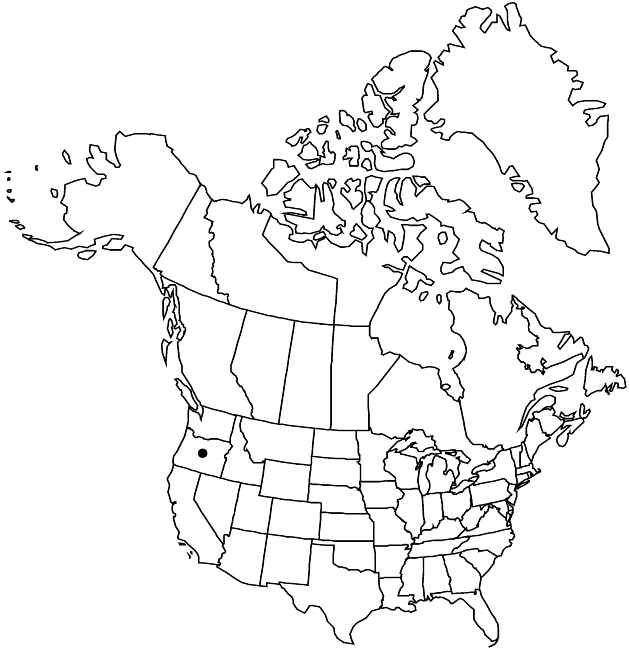Difference between revisions of "Senecio ertterae"
in N. L. Britton et al., N. Amer. Fl., ser. 2, 10: 124. 1978.
imported>Volume Importer |
imported>Volume Importer |
||
| Line 1: | Line 1: | ||
{{Treatment/ID | {{Treatment/ID | ||
|accepted_name=Senecio ertterae | |accepted_name=Senecio ertterae | ||
| − | |accepted_authority=T. M. Barkley | + | |accepted_authority=T. M. Barkley |
|publications={{Treatment/Publication | |publications={{Treatment/Publication | ||
|title=in N. L. Britton et al., N. Amer. Fl., ser. | |title=in N. L. Britton et al., N. Amer. Fl., ser. | ||
| Line 40: | Line 40: | ||
-->{{#Taxon: | -->{{#Taxon: | ||
name=Senecio ertterae | name=Senecio ertterae | ||
| − | |authority=T. M. Barkley | + | |authority=T. M. Barkley |
|rank=species | |rank=species | ||
|parent rank=genus | |parent rank=genus | ||
| Line 54: | Line 54: | ||
|publication year=1978 | |publication year=1978 | ||
|special status=Endemic;Conservation concern | |special status=Endemic;Conservation concern | ||
| − | |source xml=https:// | + | |source xml=https://bitbucket.org/aafc-mbb/fna-data-curation/src/2e0870ddd59836b60bcf96646a41e87ea5a5943a/coarse_grained_fna_xml/V19-20-21/V20_1251.xml |
|tribe=Asteraceae tribe Senecioneae | |tribe=Asteraceae tribe Senecioneae | ||
|genus=Senecio | |genus=Senecio | ||
Latest revision as of 20:59, 5 November 2020
Annuals, 20–50(–60+) cm (taproots relatively thin, twisted). Herbage (± turgid or subsucculent) unevenly villous-tomentose, glabrescent. Stems usually single, rarely clustered. Leaves progressively reduced distally (basal usually withering before flowering); petiolate (petioles winged); blades oblanceolate to spatulate, 4–7 × 1.5–3 cm, bases tapered, margins incised (distal leaves sessile, bractlike). Heads 6–10(–20) in cymiform arrays. Calyculi of 1–5+ linear to subulate bractlets (to 4 mm). Phyllaries ± 13, 6–7 mm, tips green. Ray florets ± 8 (± 13?); corolla laminae 5–6 mm. Cypselae usually hairy (especially on angles), sometimes glabrous. 2n = 40.
Phenology: Flowering late summer–early fall.
Habitat: Talus slopes of greenish yellow ash tuff
Elevation: 900–1200 m
Discussion
Of conservation concern.
Senecio erterrae is in the Center for Plant Conservation’s National Collection of Endangered Plants.
Selected References
None.
